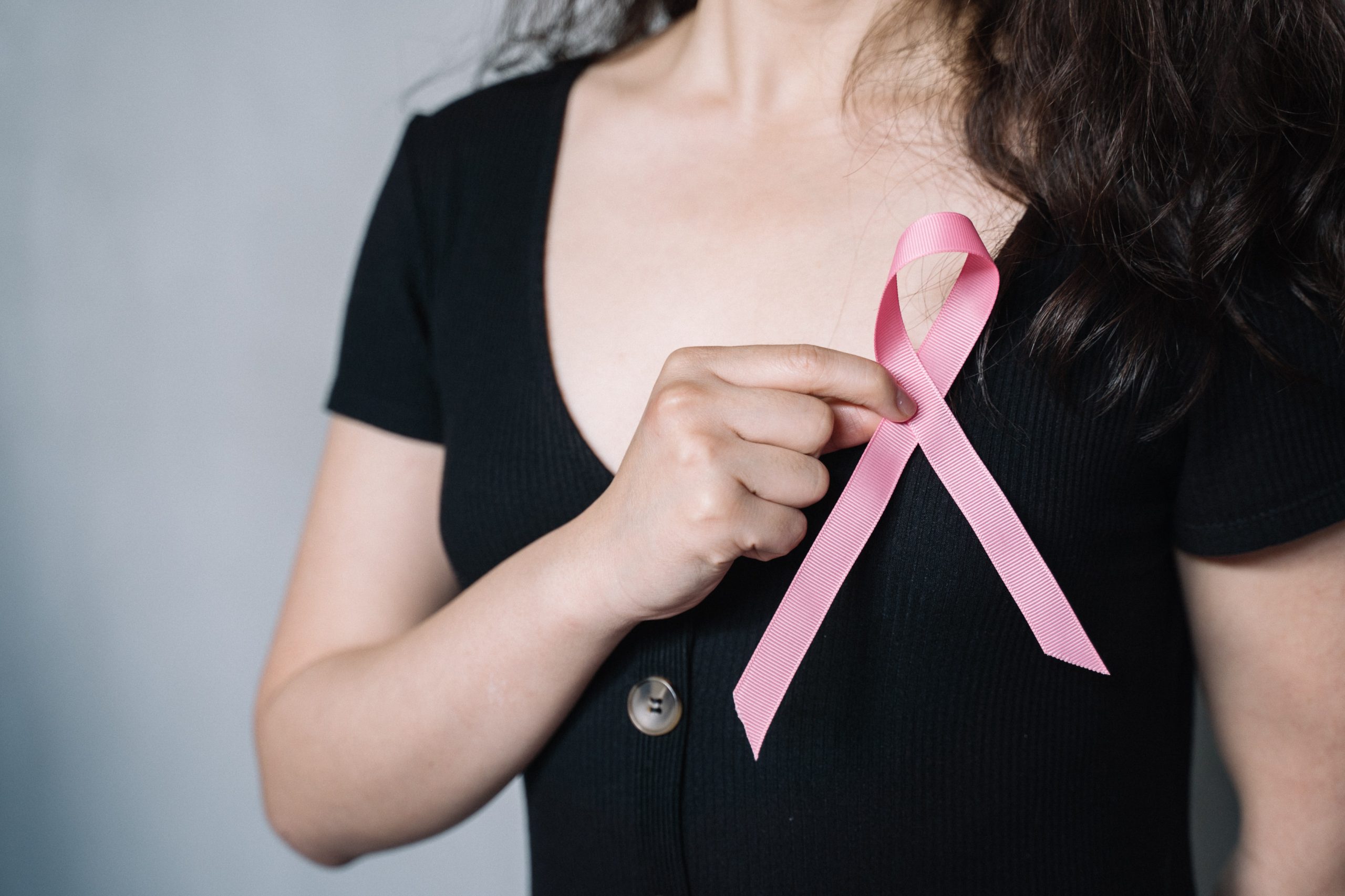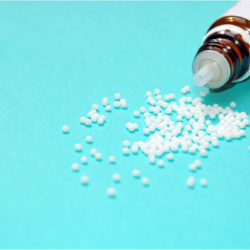Accounting for 33% of all female cancers, breast cancer is the most common cancer affecting women today. In most cases, breast cancer takes several months or even years to develop. If detected early, breast cancer has a good prognosis, with a stable survival rate. Breast cancer can be treated with surgery, radiotherapy, chemotherapy and hormone therapy. Surgery is carried out either immediately or after a few sessions of chemotherapy to reduce the size of the tumour, resulting in the least invasive surgical procedure possible. The aim is to remove the tissue affected by the cancer cells. Homeopathy can therefore be used to support breast cancer patients during surgery.
Why homeopathy in breast cancer?
Even if, with technical progress, breast surgery is becoming less and less mutilating, homeopathic advice has its place in preparing the operation in order to:
- Limit post-operative effects (pain, haematoma)
- Improve healing
- Influence the patient’s emotional state at this difficult time in her life
With no side effects and no drug interactions, homeopathy will not interfere with the treatment protocol set up by the oncologists.
Advantages of homeopathy for breast cancer
As a complementary treatment method, homeopathy offers a number of potential advantages for breast cancer patients, particularly in the management of symptoms and side effects associated with conventional treatments.
Managing symptoms and side effects
Conventional breast cancer treatments, such as chemotherapy and radiotherapy, are often accompanied by difficult side effects for patients. Homeopathy can play a significant role in managing these side effects. For example, certain homeopathic remedies are known to help reduce fatigue, one of the most common side effects of chemotherapy. Similarly, homeopathy can be used to reduce nausea and vomiting, often experienced by patients undergoing chemotherapy.
Pain management is another area where homeopathy can be beneficial. Homeopathic remedies can be used alongside conventional analgesic drugs to help reduce dependence on opioids and minimise their side effects. This gentle, non-toxic approach is particularly useful for patients seeking alternative methods of pain management.
Holistic and personalised approach
One of the main advantages of homeopathy is its holistic and personalised approach. Unlike conventional treatment methods, which often focus on the illness itself, homeopathy takes into account the whole person – their physical, emotional and mental state. This principle of individualised treatment is particularly relevant to breast cancer patients, as each person reacts differently to the disease and its treatments.
In homeopathy, a remedy is chosen on the basis of a complete set of symptoms, including lifestyle habits, medical history, emotional state and even individual reactions and preferences. This personalised approach can lead to an improvement in the patient’s overall well-being, as it aims to rebalance the body and mind, contributing to a better quality of life during and after cancer treatment.
In addition, homeopathy can offer emotional and mental support, helping patients to manage the anxiety and stress associated with their illness and treatment. By addressing these aspects, homeopathy supports the overall healing process, promoting a more integrated and comprehensive approach to breast cancer treatment.
The Pink October commitment in the fight against breast cancer
Every year for the past 28 years in France, Pink October is the month dedicated to the fight against breast cancer. Pharmacists play an important role as the first link in France’s health chain to talk to you about screening.
Prevention and preserving patients’quality of life are among the priorities in the fight against cancer.
Some homeopathic advice to help with breast cancer
You’re about to undergo breast surgery in a few weeks’ time and you’re very apprehensive. You’re used to taking Arnica before an operation, but you’re looking for something more specific to your case.
Before the operation, you can take Arnica montana 9CH (1 dose the day before the operation) and Gelsemium 15CH (5 granules morning and evening for 8 days before the operation) to reduce your apprehension and anticipatory anxiety. Then, post-operatively, Apis mellifica 15CH (1 dose as soon as possible on waking, then 5 granules every hour for 24 hours, then 3 times a day for 8 days). Combine with Bellis perennis 5CH which will replace Arnica montana in this case as it is more specific to breast trauma, and with Hypericum perforatum 15CH (5 granules of the 2 strains every hour for 24 hours, then 3 times a day for 8 days).
To improve wound healing, take Staphysagria 9CH (5 granules morning and evening until healing). In case of cord pain after lymph node removal, take Causticum 15CH and Thiosinaminum 5CH (5 granules of each, morning and evening for 8 days).
Some additional accompanying advice
- Stopping smoking is always beneficial. It has a positive influence on tolerance of treatment and the prognosis of the disease.
- Taking up appropriate physical exercise also helps to improve quality of life throughout the treatment process and response to treatment.
- A diet rich in vitamin B17: The use of vitamin B17 as a treatment for cancer has been the subject of intense debate. Opinions differ as to its potential as a cure for the disease: some see it as a promising solution, while others are sceptical about its efficacy and safety. The theory is that vitamin B17 selectively targets and eliminates cancer cells. This is due to the presence of an enzyme called beta-glucosidase, also known as emulsin, which is not present in normal cells. When vitamin B17 comes into contact with this enzyme, it breaks down into two chemicals: benzaldehyde, which has analgesic properties, and cyanide, a powerful poison that is supposed to eliminate the cancer cell. It is important to note that, in low doses, hydrogen cyanide and benzaldehyde pose no danger to the body’s healthy cells. This specificity in the action of vitamin B17 on cancer cells is an interesting feature to take into account.
- Cancer and its treatment can have an impact on diet. Nutritional support can be useful in preventing, detecting or treating undernutrition or, conversely, overweight.





